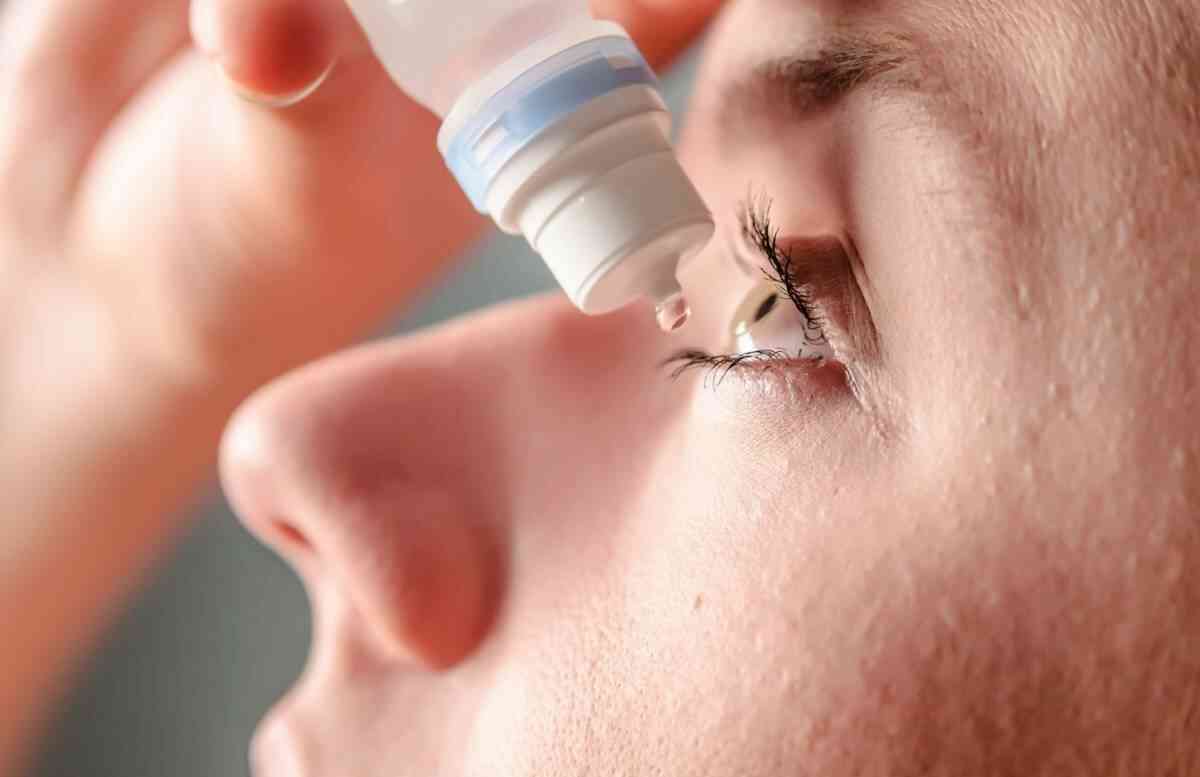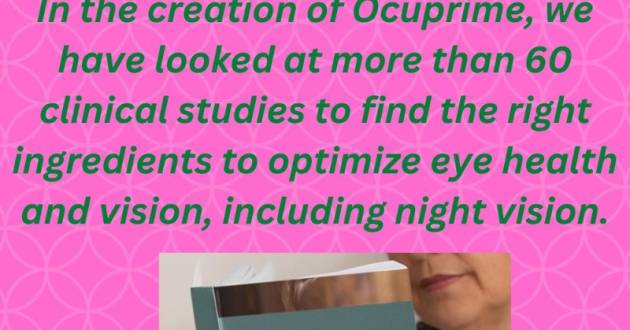Eye Care 101: Maintaining Healthy Eyes For Life

eye health is so important, and the healthier your eyes, the better your quality of life will be.
As your little one grows up—whether it’s their first steps, the first day of school, or graduation day—you want to ensure they are healthy from head to toe. One often overlooked area is their eyesight. We understand that it can be overwhelming to ensure your child’s eye health is managed correctly. That’s why we have put together this guide on keeping their sight in great shape now so they can enjoy a lifetime of clear and sharp vision! So come with us and learn the basics about how you can help them maintain healthy eyes throughout life!
Understand the importance of eye health and preventive measures
Your eyes work hard for you every day, allowing you to drive, read, and enjoy the scenery around you. That's why it's so important to take care of them! Preventive measures such as routine eye exams, wearing sunglasses to protect against harmful UV rays, and eating a diet rich in vitamins and nutrients can all help maintain healthy vision. It's also important to give your eyes a break from screens and artificial lights throughout the day to prevent eye strain. Just a few simple habits can go a long way in preserving your eye health for years to come. Trust us, your eyes will thank you!
Learn how to protect your eyes from sun damage
With summer in full swing, it's important to remember that protecting your eyes from the sun's harmful rays is just as crucial as lathering up with sunscreen. Luckily, there are a number of easy and stylish ways to keep your peepers safe. One of the simplest is opting for a pair of sunglasses with polarized lenses, which shield your eyes and reduce glare. Another option is wearing a wide-brimmed hat to keep the sun off your face. And finally, be mindful of when you spend time outside - if you can, avoid being out during the middle of the day when UV rays are the strongest. Taking care of your eyes doesn't have to be daunting - just a few small steps can make a big difference in keeping your vision healthy and clear.
Understand the link between nutrition and eye health
Did you know that what you eat can impact your eye health? It's true! The nutrients you consume can affect the structure and function of your eyes. For example, foods rich in lutein and zeaxanthin, such as leafy greens and eggs, can help protect the retina and prevent age-related macular degeneration. Also, omega-3 fatty acids in fatty fish like salmon can help reduce your risk of developing dry eye syndrome. Paying attention to your diet and ensuring you eat a variety of nutrient-rich foods can help keep your eyes healthy and functioning optimally.
Make lifestyle changes to benefit your vision
Taking care of your vision is crucial for a healthy and fulfilling life. Did you know that making some simple lifestyle changes could greatly benefit your eyesight? For starters, ensure you get enough restful sleep every night so your eyes can break from the constant strain. Eating a healthy diet rich in vitamins A, C, and E and omega-3 fatty acids can also protect your vision from diseases such as macular degeneration and cataracts. Lastly, remember to give your eyes regular breaks when using electronic devices and take frequent breaks if you have a job that involves staring at a screen. With a few changes to your lifestyle, you can promote a healthy and clear vision for years to come.
Know when it is time for a comprehensive eye exam
Taking care of your eyes is crucial to maintain your overall well-being. Regular eye exams are necessary to ensure that they are healthy and functioning at their best. But when exactly do you need a comprehensive eye exam? If you are experiencing headaches, blurry vision, or eye strain, it may be time to book an appointment with an eye doctor. Adults over the age of 40 should have a comprehensive eye exam every two to four years, while those with a higher risk of developing eye conditions should visit more frequently. Be sure to schedule your appointment before you are experiencing vision problems. Early detection and treatment can prevent vision loss and keep your eyes healthy for years. So, mark your calendar and prioritize your eye health with regular comprehensive eye exams.
Identify common signs of vision deterioration
As we age, it is common for our eyesight to change. While this is a normal part of the aging process, it is important to be aware of any signs of vision deterioration. Some common signs that your vision may be deteriorating include needing brighter lighting to see, experiencing blurred or double vision, having trouble distinguishing colors, and experiencing increased sensitivity to glare. You may also find yourself squinting or rubbing your eyes more frequently. If you notice any of these signs, scheduling a comprehensive eye exam with your optometrist to determine the cause and possible treatment options is important. Early detection and treatment can help preserve your vision and overall eye health.
Vision correction options include more than glasses and contacts
Did you know there are more vision correction solutions than just glasses and contacts? If you're tired of the inconvenience and cost of having to switch out your prescription lenses every year or constantly misplacing your glasses, then laser-assisted in situ keratomileusis (LASIK) may be the solution for you. There are many Lasik companies, including Intra Lasik that can help with any questions you may have about the procedure. With LASIK, a surgeon uses a laser to reshape your cornea, giving you clear vision without the need for glasses or contacts. This quick and safe procedure is becoming increasingly popular among those seeking a permanent solution to their vision problems. And if LASIK isn't right for you, there are also implantable lenses that can provide you with clear vision for years to come.
In conclusion, eye health is something we should all be aware of and proactive about. With a few simple steps, such as wearing sunglasses when out in the sun, eating nutritious food with plenty of vitamins and minerals, and knowing when to get a comprehensive eye exam if certain signs of deterioration present themselves, we can all go a long way towards preserving our eyesight for years to come. Furthermore, it is always important to remember that eye health goes beyond just the physical aspects; taking the time for periods of restorative rest and relaxation can help our vision by supporting overall well-being. Taking care of yourself should always be a top priority! There is no better time than now to start investing in your visual future.


